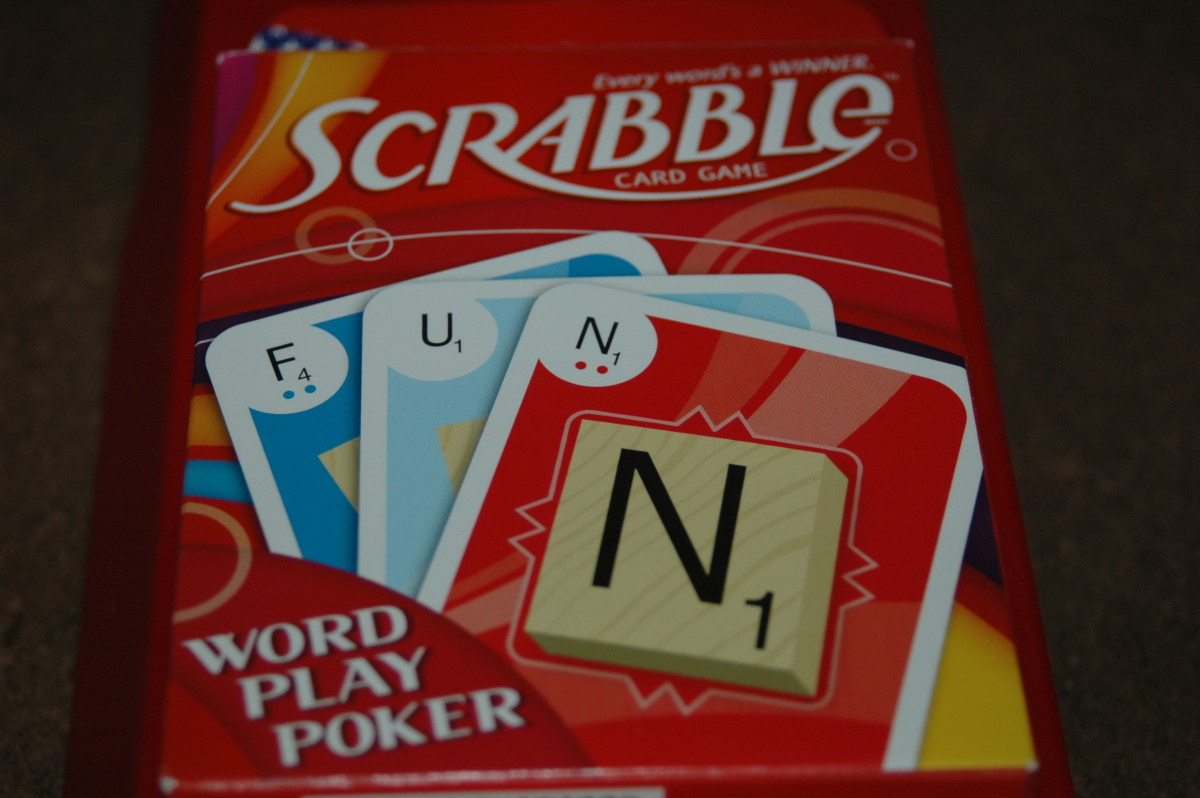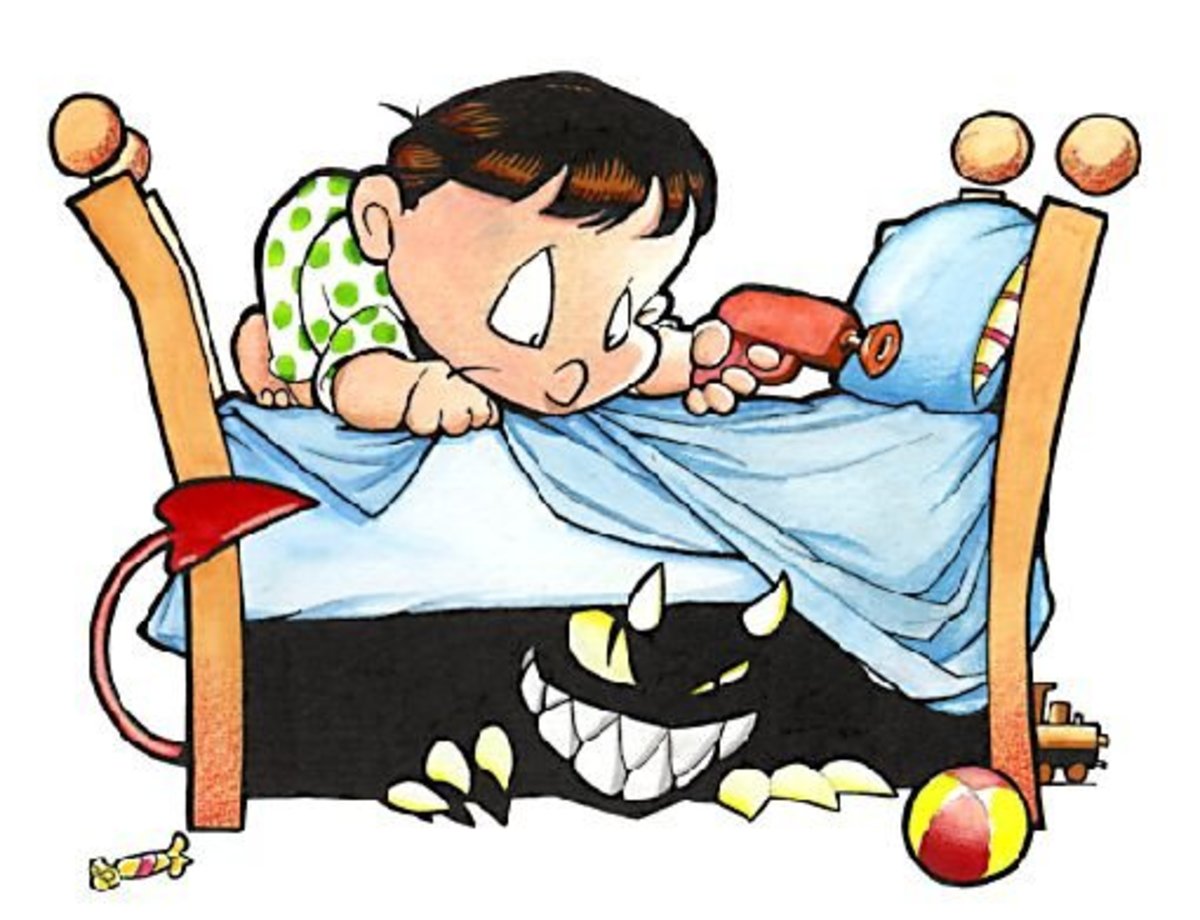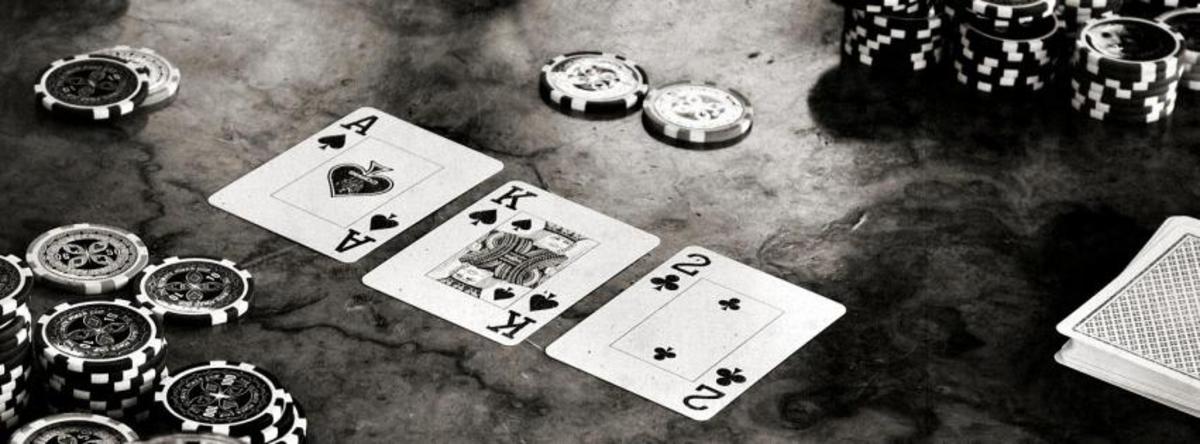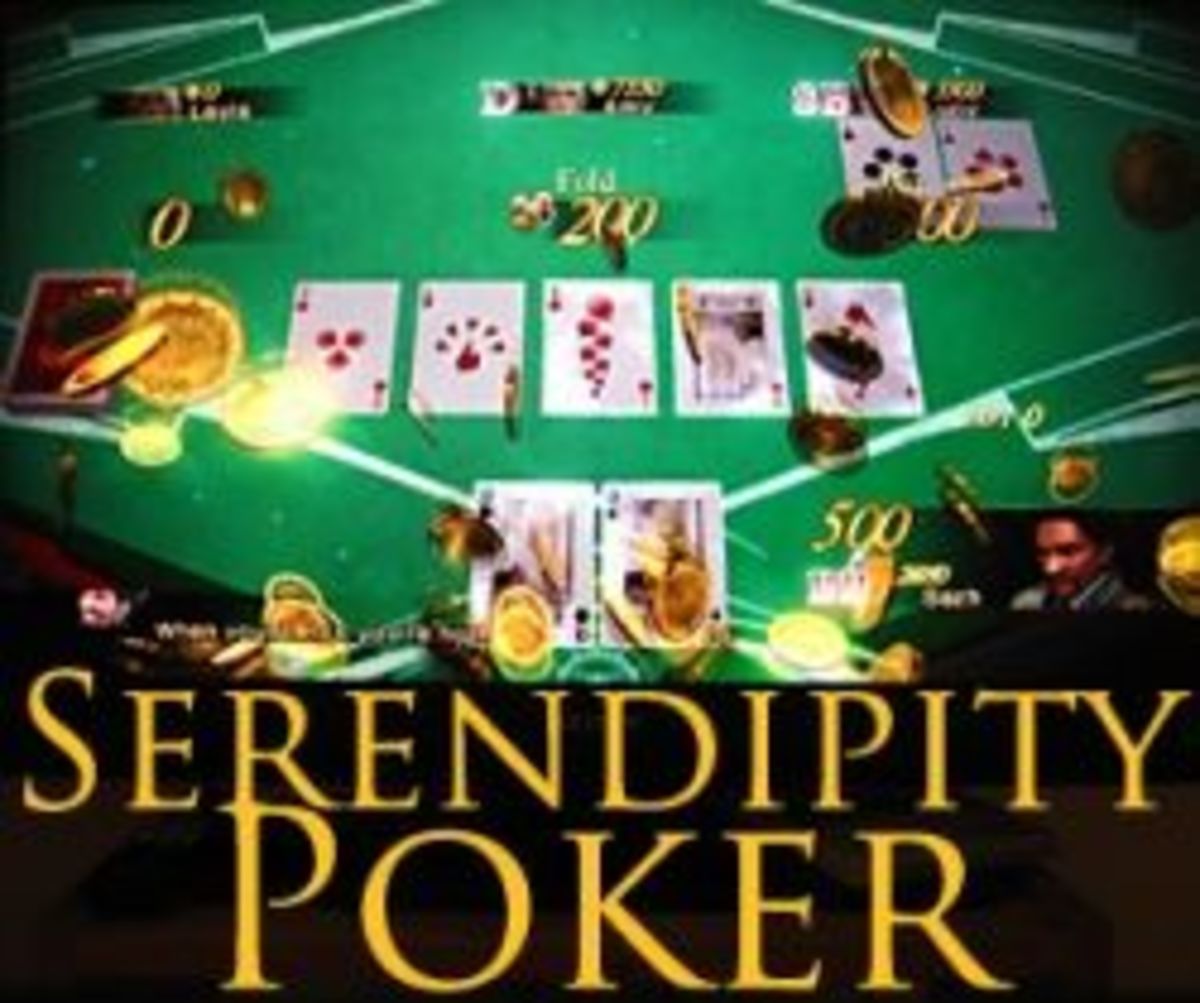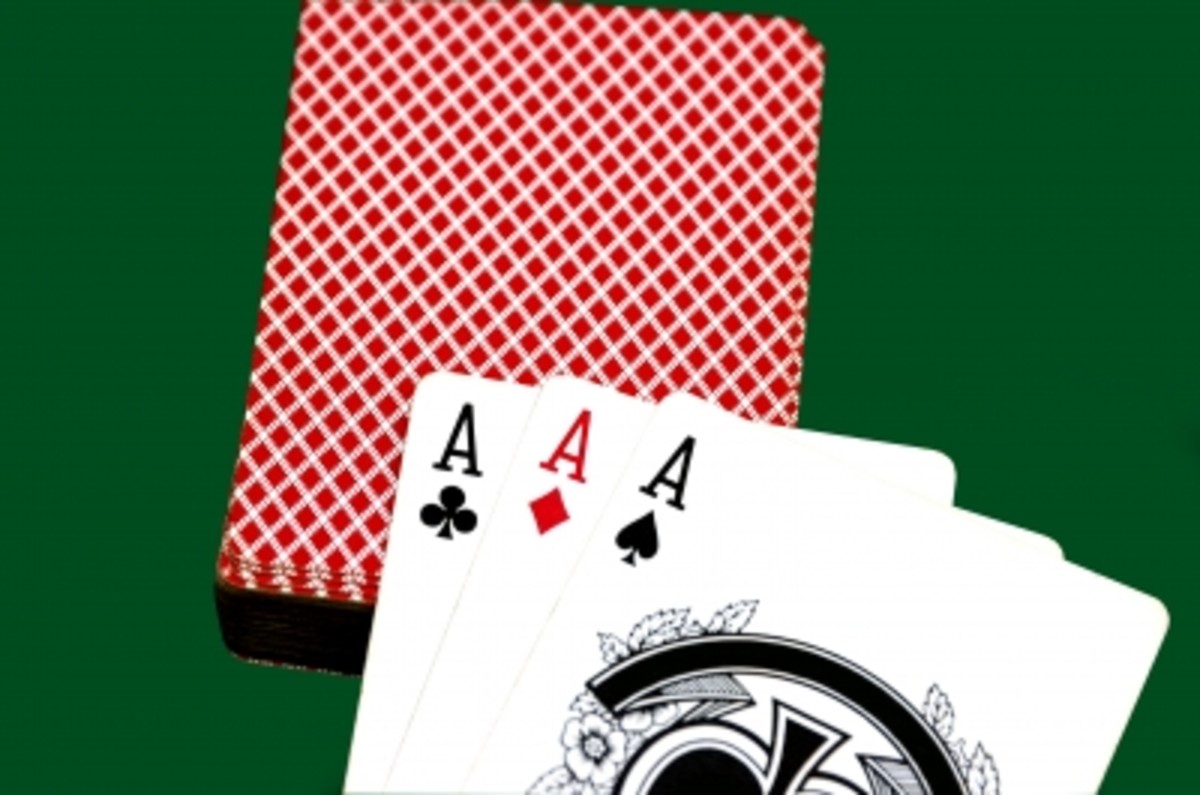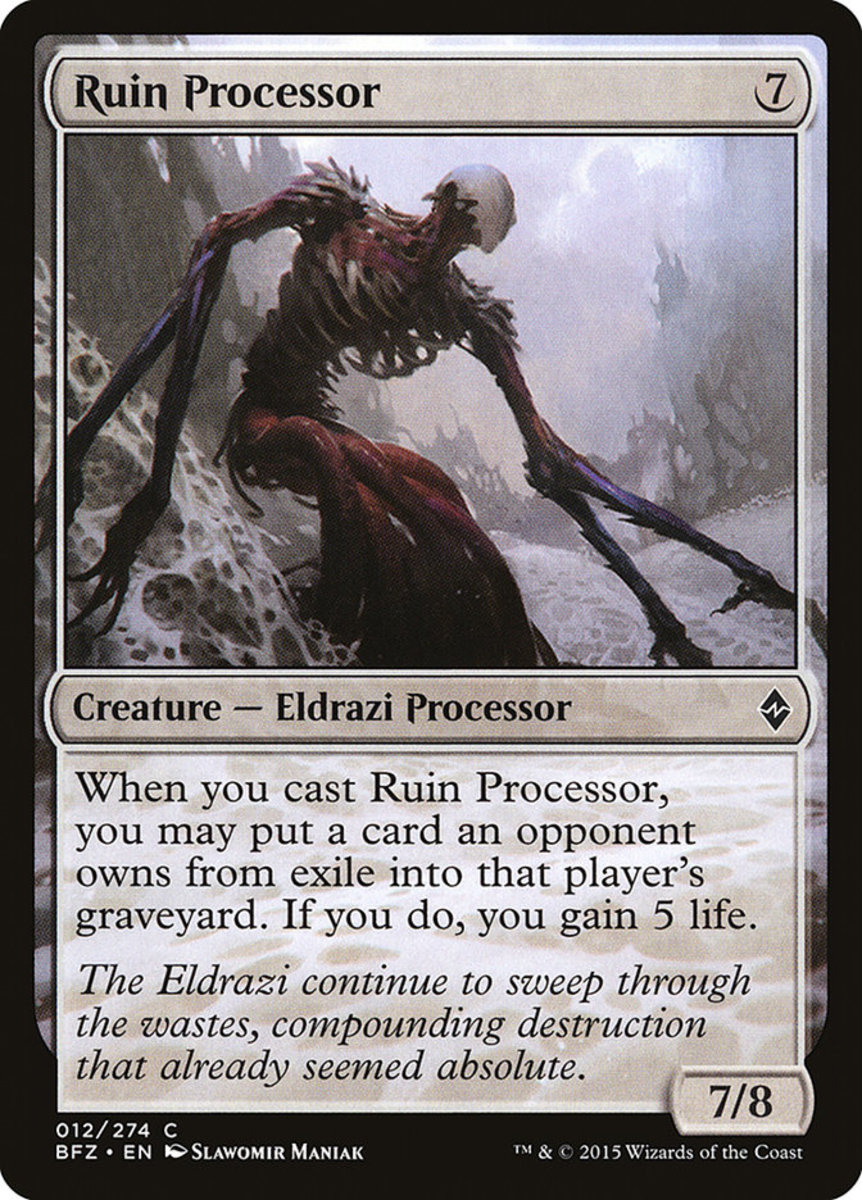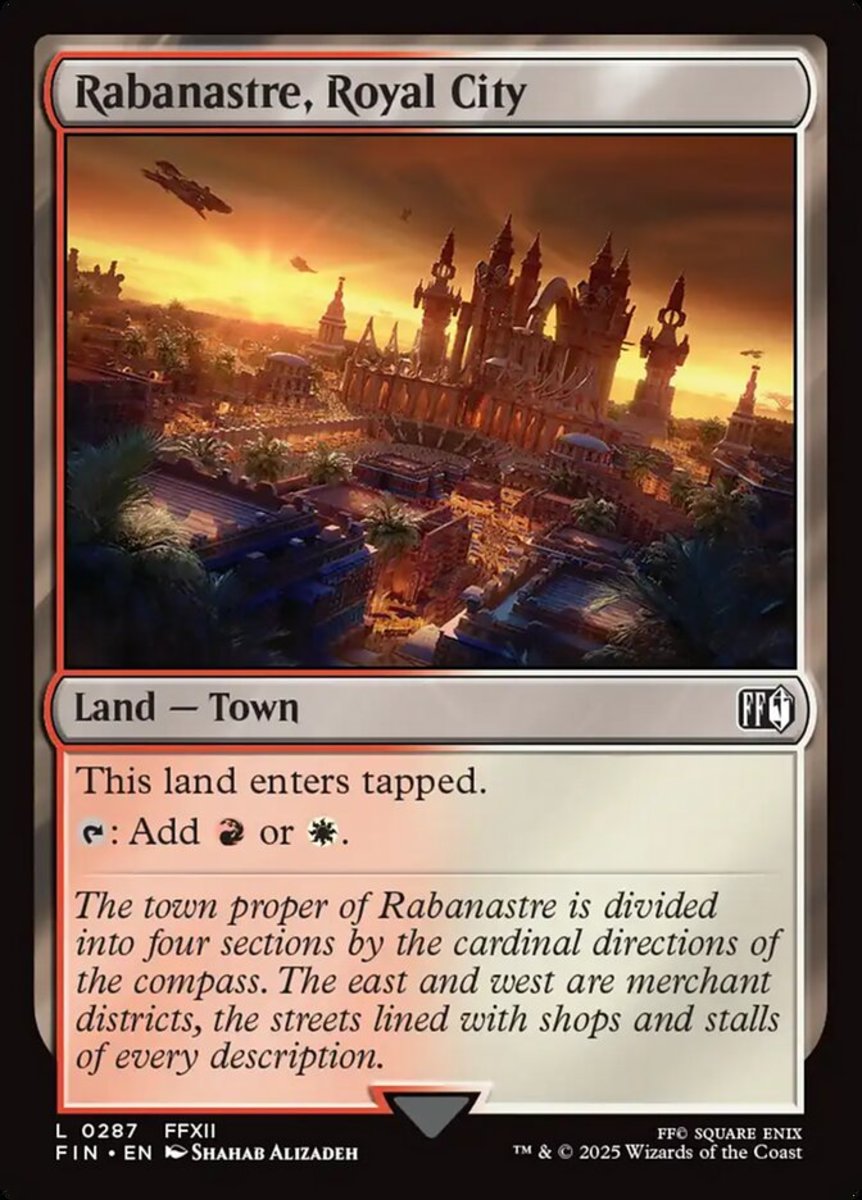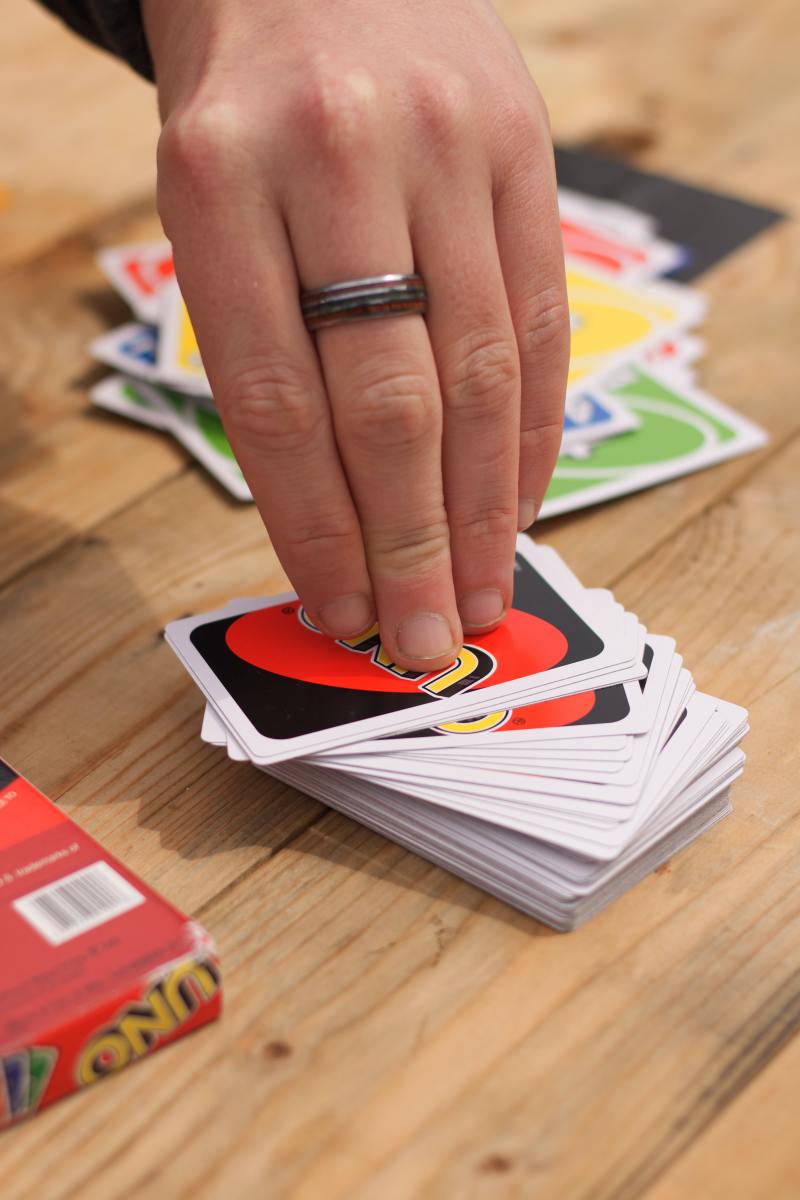Poker Strategy: How to Win More in Poker Using Solid Pre-Flop Strategy
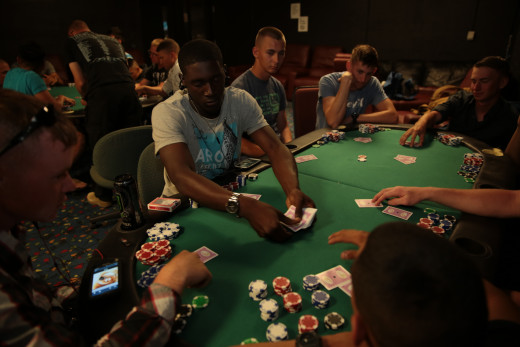
Pre-flop Play in Poker
Every poker hand starts with the players getting dealt two cards. Then when it's their turn the players have to decide whether they want to play or not.
The Blinds
To prevent players from folding all but their premium hands there are blinds. The Small blind and Big blind are sitting directly next to each other and have to put in an amount of chips blind. Usually the big blind is twice as much as the small blind.
Positions
The player directly after the big blinds starts. Because he doesn't have any information on the actions of the other players this position is called the Under the Gun position. He has to decide whether to fold, call or raise. Then the next player is to act until the big blind is reached. Then we go around again if not everyone has matched the highest bet.
The position before the small blind is called the Dealer Button or the Button. It has this name because there is a token, a button, that indicates this player. When there is no dealer the player on the button has to deal the hand. The button is considered to be the best position since it is the position that is last to act after the flop, turn and river. Acting last is an advantage since you have information about the actions of the opponents that are still in the hand.
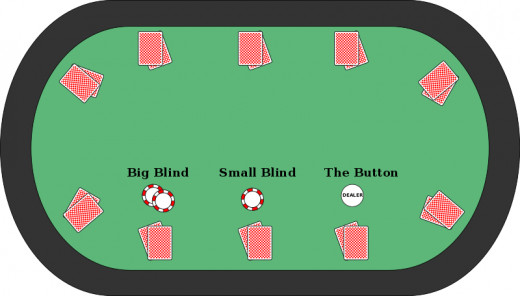
Three Important Factors for Pre-Flop Hand Selection
Every time you get dealt a hand and it's your turn to act, you have to decide whether to fold or to play the hand. It is crucial to make a good selection of hands to play to first of all make the best hand often, but also to not make yourself too predictable to your opponents. The selection of hands you play is called your Range.
Range
The range of a player is one of the most important concepts in poker. When you play against a player you cannot know exactly what your opponent has. However, you can try to figure out the selection of hands your opponent would have played the way he did. If you can consistently determine the range of your opponents well you are going to be able to make profitable decisions in the long run.
Also it is important to decide what is going to be your own pre-flop range. There are three important factors that you have to take into account when to decide what is your range in a certain spot:
- Earlier actions by other players
- Stack sizes
- Your position on the table
Earlier Actions By Other Players
This one is pretty easy. When you have to act and you have king queen you would be happy to come in with a raise. However if there has already been a raise and a reraise in front of you, king queen becomes an easy fold. The reason for that is the range of your opponents.
When everyone before you has folded the only players you have to take into account are the players that have to act after you and at this point in time their ranges are any two cards, since you have no information yet. If a player raises he will have at least a decent hand, so we can exclude bad hands from his range. The player that decides to reraise probably has a very good hand. He might occasionally have a bluff, but a large portion of his range consists of strong hands. Against this range, king queen is not doing well.
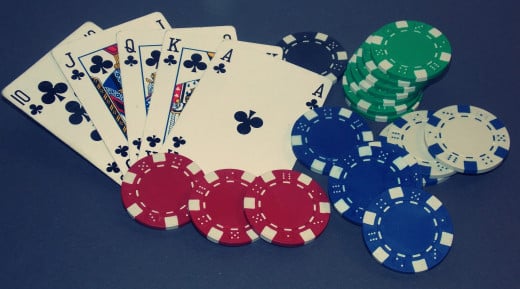
Stacksizes
A mistake a lot of people mistake is not adjusting their pre-flop strategy according to stacksizes. When you have a small stack you want to play hands that win often, but when you have a big stack you want to play hands that can make a very strong hand, like a straight or a flush, so you can win a very big pot.
Also the stacksizes of your opponents are important. If you have a stack of 100 big blinds, but your opponent has only 30 big blinds you are effectively playing a 30 big blind stack. The only difference is that you have chips left if you lose.
An example of a hand that plays very well when you have only 30 big blinds and not so well when you have 100 big blinds are hands like king ten and ace nine. When you make top pair with them, you are happy to get it in for 30 big blinds since you are going to win often, but if you play 100 big blinds deep you don't really want to play a huge pot with only top pair. Therefore a hand like eight nine suited, or other medium suited connectors can be very useful because it has the potential to hit a straight or a flush. When you don't hit you can easily fold them.
So in principle it holds that when you have a shorter stack you cannot win a big pot and therefore you need to win often. When you have a big stack, you can afford to lose more frequently if you win bigger the times that you win.
Also, a situation that can occur in tournaments a lot is that you have a small stack of around 30 blinds and there are players with super short stacks behind you. If you raise to two big blinds with ten nine and someone behind you goes all-in for ten big blinds you just have to call because of the odds you get. Often you are behind and are going to lose a third of your stack. Therefore it is better to just fold these hands.
Position
The third factor that decides the range you are going to play is the position you are in at the table. If you are in later position you have information about the players that already acted. If everyone has folded before you and you are on the button you can play a much wider range than when you are playing in early position, simply because the probability that someone behind you is waking up with a strong hand is a lot smaller when there are only two players left to act then when there are five.
Also having position after the flop is very powerful. You have much more control over the pot, which means that you can realize your equity way better. An example of this is the following:
Let's say we hit a flush on the river. If we are out of position we have to act first. If we check our opponent might check behind with a pretty strong hand, because he is scared for the flush. But if we bet, he might fold hands with which he would have tried a bluff if we checked. However if we were in position our opponent has to act first. If he checks we can bet and he might call with marginal hands if he thinks we are bluffing. If he bets, we can call or raise.
Being in position gives you more information and a better chance of realizing our equity and therefore in position you can play hands that are less strong. Of course this does not mean you can just play every hand, but a hand like king nine is an easy fold under the gun, and an easy raise on the button.

